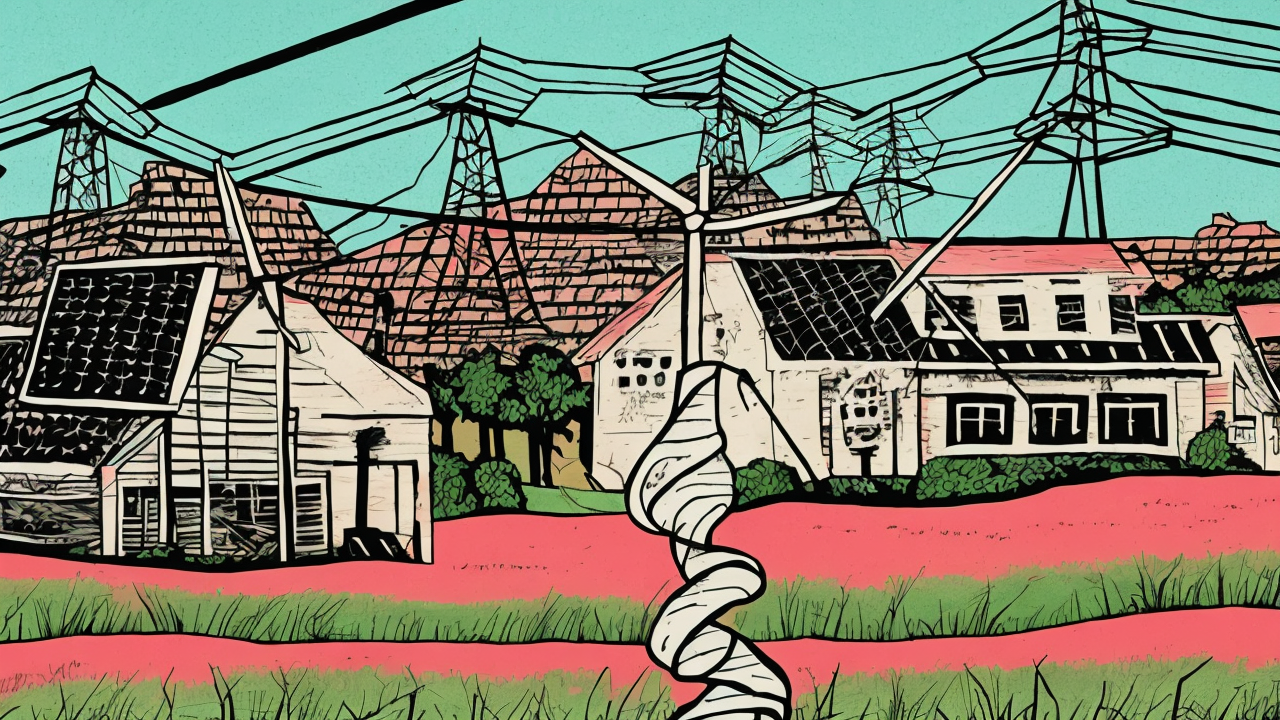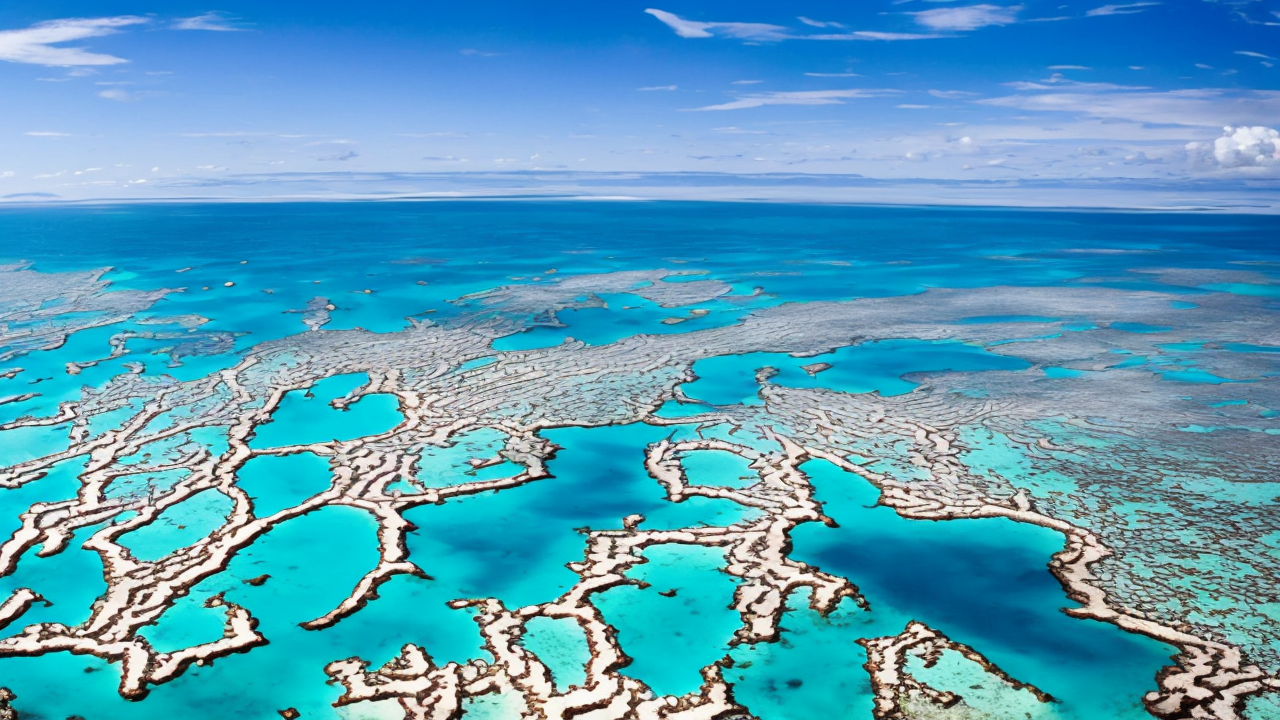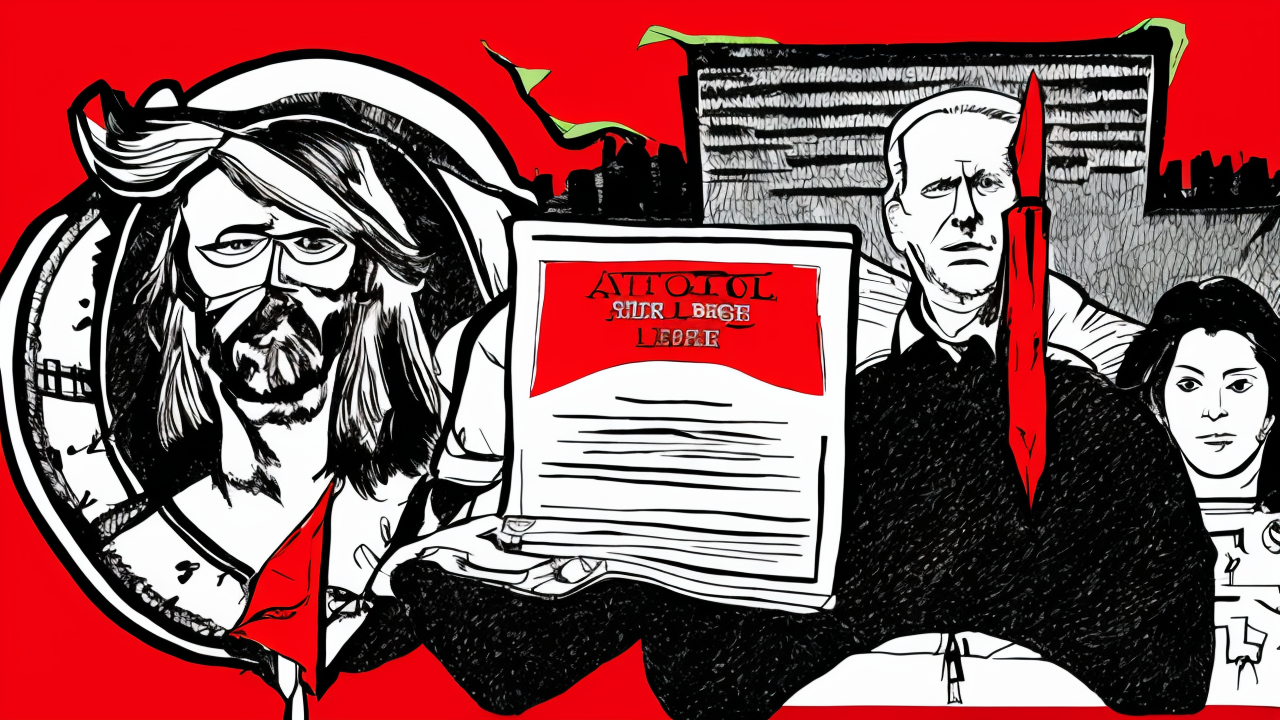New Jersey's Green Energy Policies Lead to Energy Crisis

New Jersey is facing a severe energy crisis as a result of its aggressive push for green energy policies, echoing similar struggles in Europe. Under Governor Phil Murphy, the state has shuttered coal plants, reduced natural gas capacity, and increased reliance on wind and solar power. This shift has led to soaring energy prices, with New Jersey residents paying 15% above the U.S. average, despite having some of the lowest energy usage per capita. The state’s ambitious goal of achieving 100% clean electricity by 2035 has not been without challenges. Plans for offshore wind farms have been plagued by delays and cost overruns, while solar power initiatives have been hampered by limited sunlight due to frequent cloud cover. To compensate, New Jersey has turned to the Pennsylvania-New Jersey-Maryland regional transmission organization, but even this system has seen a 20% decline in output over the past decade due to green policy-driven resource shifts. These issues mirror the struggles of European nations pursuing similar green agendas. For instance, Germany’s economy has faltered under central planning focused on renewable energy, while the UK has faced energy shortages and rising costs. New Jersey’s experience underscores the risks of over-reliance on intermittent energy sources and the potential consequences of aggressive decarbonization efforts.
Published: 8/9/2025















